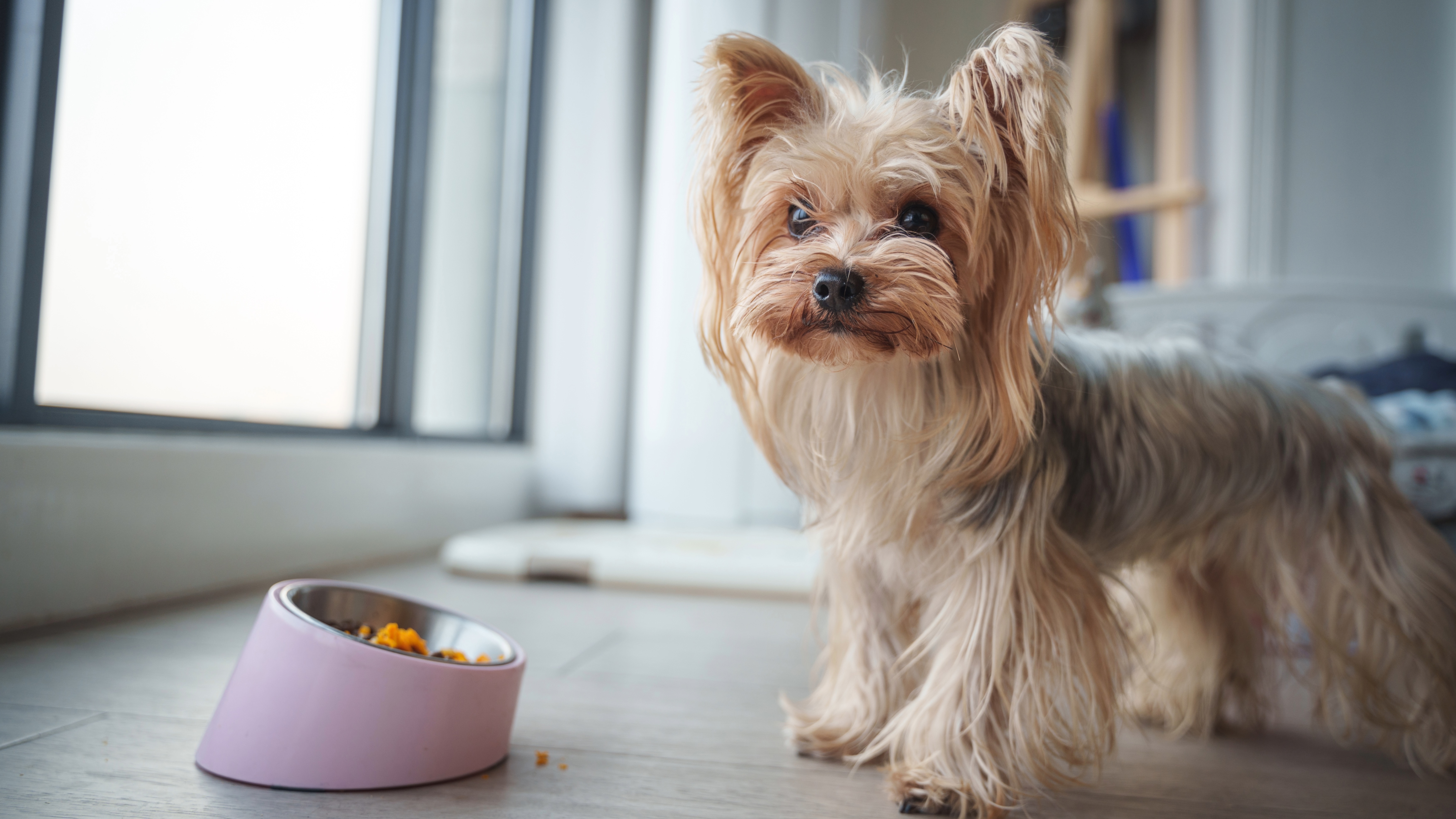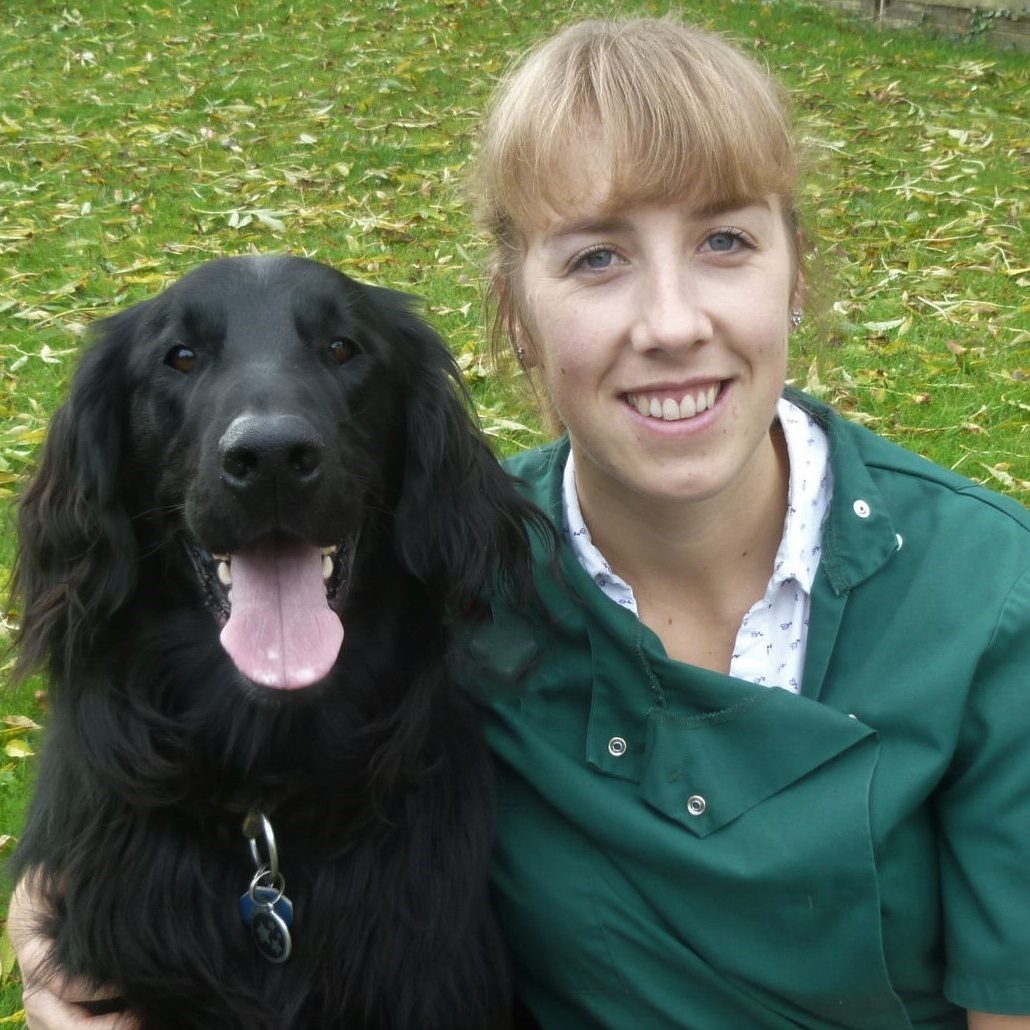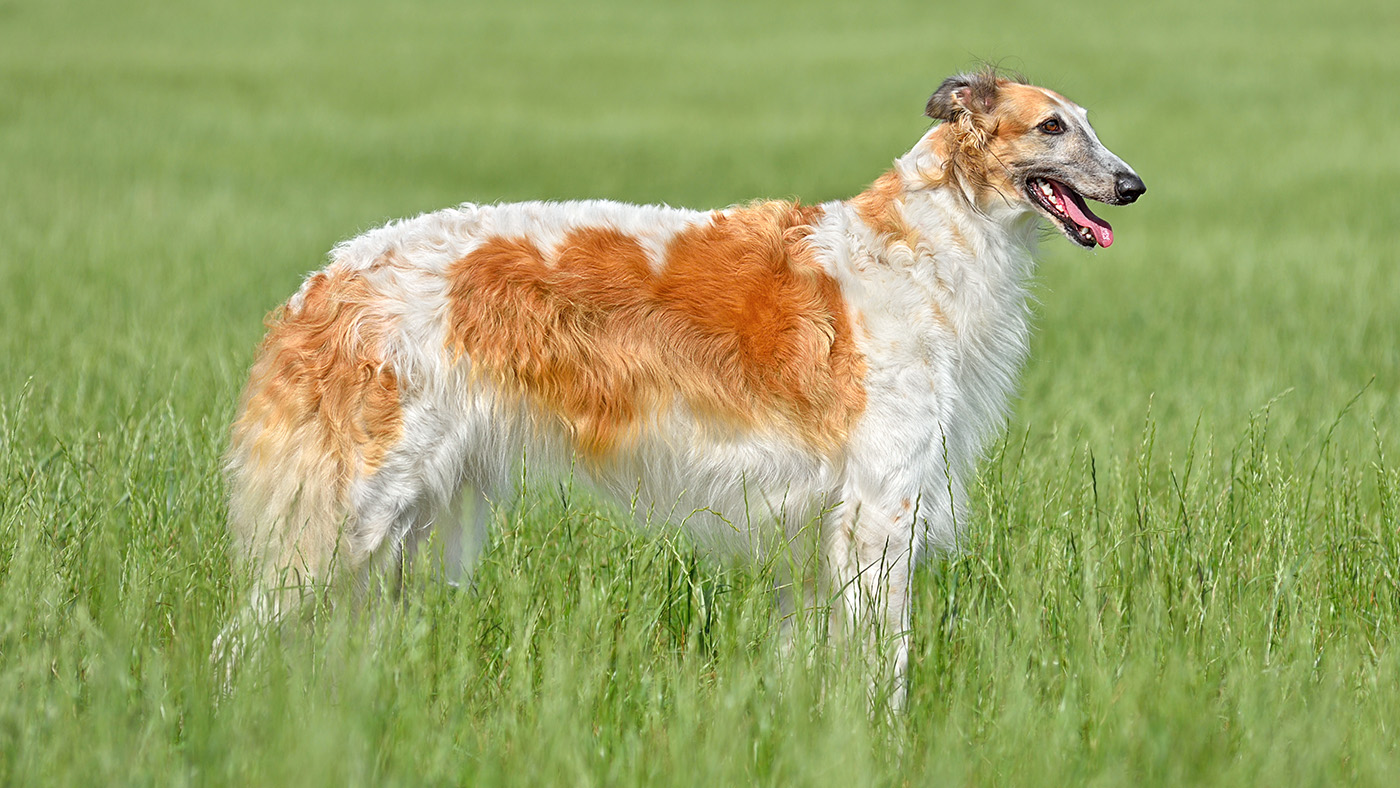Why is my dog not food motivated?
Pondering the question 'why is my dog not food motivated?' Vet reveals five common reasons (and what you can do about it).

Why is my dog not food motivated? It's a question you may be asking if you're trying to teach your pup a new skill and they don't seem responsive to treats being given as a reward.
Dog trainers and dog owners typically use the best dog treats when it comes to training things like recall and loose leash walking because they're quick to dish out and tend to get quick results.
However, not all dogs respond to food-based rewards, so if your pup is in this camp, you may be wondering why this is happening and what you can do about it. The good news is that this situation is more common than you might think.
To help us understand why this happens, we turned to expert vet Dr. Rebecca MacMillan. Below, she shares the most common reasons why a dog may not be food motivated and how you can reward your pup without treats.
Why is my dog not food motivated?
There are some things you only know if you're a dog owner, but when it comes to why a dog might not be food motivated, even we were stumped! Thankfully, Dr. MacMillan shed some light on why this might happen — and there are more potential causes than you might think.
1. Your dog is overfed: Are you guilty of giving your pup a bit too much of the best dry dog food? Or perhaps you offer them the best wet dog food as a snack in between their main meals? If so, you're far from alone — but overfeeding could by why they're not food motivated.
"If your dog knows that food is freely available throughout the day, or if they are fed large quantities at mealtimes, they are less likely to be driven by treats," explains MacMillan.
PetsRadar Newsletter
Get the best advice, tips and top tech for your beloved Pets
"It is probably worth looking at your dog’s feeding schedule, as well as checking that you are feeding them the right amount. You should also ensure that family members aren’t giving too many treats or table scraps at random times throughout the day, which could interfere with training."
2. Stress: While we often think of stress and anxiety as something that only affects us humans, stress and anxiety in dogs is more common than you might think — and as Dr. MacMillan explains, this can affect how likely they are to respond to food.
"Dogs that are feeling anxious or stressed are less likely to be able to concentrate on food. This is particularly true in a stressful setting, like at the vet. You might find your dog can’t be bribed with treats when they are feeling on edge. Ongoing fears or anxiety disorders can also impact a dog’s appetite, making them less food-orientated than a happy, relaxed dog."
3. Health issues: If your dog has a reduced appetite and seems to be unmotivated by food, an underlying health complaint could be the cause. "Most dogs will be off their meals as well as their treats in this situation," says MacMillan. "If your dog is generally inappetent then make sure you get them checked over by a vet as soon as possible. There is a whole array of different illnesses that could cause them to be disinterested in food."
4. Genetics: Did you know that some dog breeds are more food-orientated than others? It's true! "For example, labradors and beagles are known for being highly food-motivated, whereas some terrier breeds and collies prefer being rewarded in other ways," explains MacMillan. "Genetics may lead your dog to prefer a toy or lots of praise instead of treats".
5. Over aroused: "In busy and stimulating environments you might find that your treats no longer hold your dog’s interest," MacMillan says. "There is simply too much else going on, with other sights and smells taking their attention away from you. Your dog may also be far too excited or on high alert to be interested in food. This is where using high-value treats (extra special or extra smelly treats) can be particularly helpful."
Can a dog be trained without treats?

If you regularly turn to expert tips for training your dog on your own, you may have noticed that most professionals recommend a high level of positive reinforcement in the form of dog treats and praise. But what if your pup isn't interested in treats? Does that mean your training regime is doomed to fail?
Not at all. According to Dr. MacMillan, you can successfully train your canine companion using other rewards — all it takes is understanding what your dog responds best to.
"While treats work best for training in most cases, some dogs are simply more interested in things other than food," she says. "It is definitely possible to train your dog without treats if you can work out what it is that motivates them. If your dog gets very excited by certain toys, then these can be used as a reward during training. Alternatively, some dogs enjoy lots of praise, both verbal and physical (petting). You just need to figure out what makes your dog tick and use it to your advantage."
How to reward your dog without treats
While treats are the go-to reward for most of us, Dr. MacMillan says there are plenty o of other things you can use to positively reinforce good behavior if your pup isn't food motivated.
1. Toys: Some dogs are highly motivated by toys, so using one or two of the best dog toys as a reward can be a great way to keep them engaged. Dr. MacMillan recommends things like balls, squeaky toys, stuffed toys and rubber chew toys — but what's most important is that you choose something your dog likes.
"The important thing is working out which one your dog will work for and get the most pleasure out of," she says. "Being rewarded with their favorite toy or some play time works well for many dogs during training."
2. Verbal praise: Most of us talk to and praise our dogs when we're training them, but if you plan on relying solely on verbal praise, Dr. MacMillan says you'll want to be even more verbal than you usually are. This means ensuring you raise your dog verbally every single time they do something correctly.
"You should also ensure that your tone has the desired effect, most dogs recognize high-pitched or enthusiastic praise. Make sure the timing of your verbal praise is right too, it should be instantaneously given to them upon completing your desired task."
3. Use life rewards: Some professionals suggest using life rewards, such as snuggling, touch, attention, and brushing or grooming as a way to reward dogs for good behavior. But do life rewards actually work? Dr. MacMillan says they can, to a certain degree.
"These are all things that your dog should be receiving on a regular basis anyway, to ensure that their emotional needs are being met. Sniffing and walks are also used as rewards by some owners. Again, in the right context, these may help with training, but they only really work if your dog is rewarded immediately after any positive behavior."
4. Clicker training: "A clicker is a great way of bringing some consistency to your training," says Dr. MacMillan. "It makes the same sound each and every time you use it, meaning that different family members can all utilize it.
A click sound should be made the instant your dog carries out the desired behavior. This is usually followed immediately with a treat or a toy so that your dog builds a positive association with the clicker. The clicker doesn’t reward your dog as such, they will still need a high-value treat or toy to go with it, however, it can be a useful training aid."
5. Measure out your dog's food for the day and reserve a portion for training: If your dog isn't that motivated by food, one thing that can be worth trying is reserving a portion of their daily kibble and using it for training — something that Dr. MacMillan says can be very effective.
"This will mean their meal size becomes decreased, making them a bit hungrier and more motivated for their food during training. It also has the advantage of keeping your dog’s diet balanced, whereas cutting your dog's meals and feeding more treat items could cause issues. This method is also useful in overweight dogs where care needs to be taken not to give extra calories on top of their normal daily food rations."
Is it easier to train a mixed breed dog or a purebred? We turned to a behaviorist to find out!

Rebecca is a vet surgeon who graduated from the Royal Veterinary College in 2009. She has a wealth of experience in first opinion small animal practice, having done a mixture of day-to-day routine work, on-call emergency duties and managerial roles over the years. She enjoys medicine in particular and she is proud to have recently achieved a BSAVA postgraduate certificate in small animal medicine (with commendation). She writes on various feline and canine topics, including behavior, nutrition, and health. Outside of work and writing she enjoys walking her own dog, spending time with her young family and baking!

Kathryn is a freelance writer who has been a member of the PetsRadar family since it launched in 2020. Highly experienced in her field, she's driven by a desire to provide pet parents with accurate, timely, and informative content that enables them to provide their fur friends with everything they need to thrive. Kathryn works closely with vets and trainers to ensure all articles offer the most up-to-date information across a range of pet-related fields, from insights into health and behavior issues to tips on products and training. When she’s not busy crafting the perfect sentence for her features, buying guides and news pieces, she can be found hanging out with her family (which includes one super sassy cat), drinking copious amounts of Jasmine tea and reading all the books.
